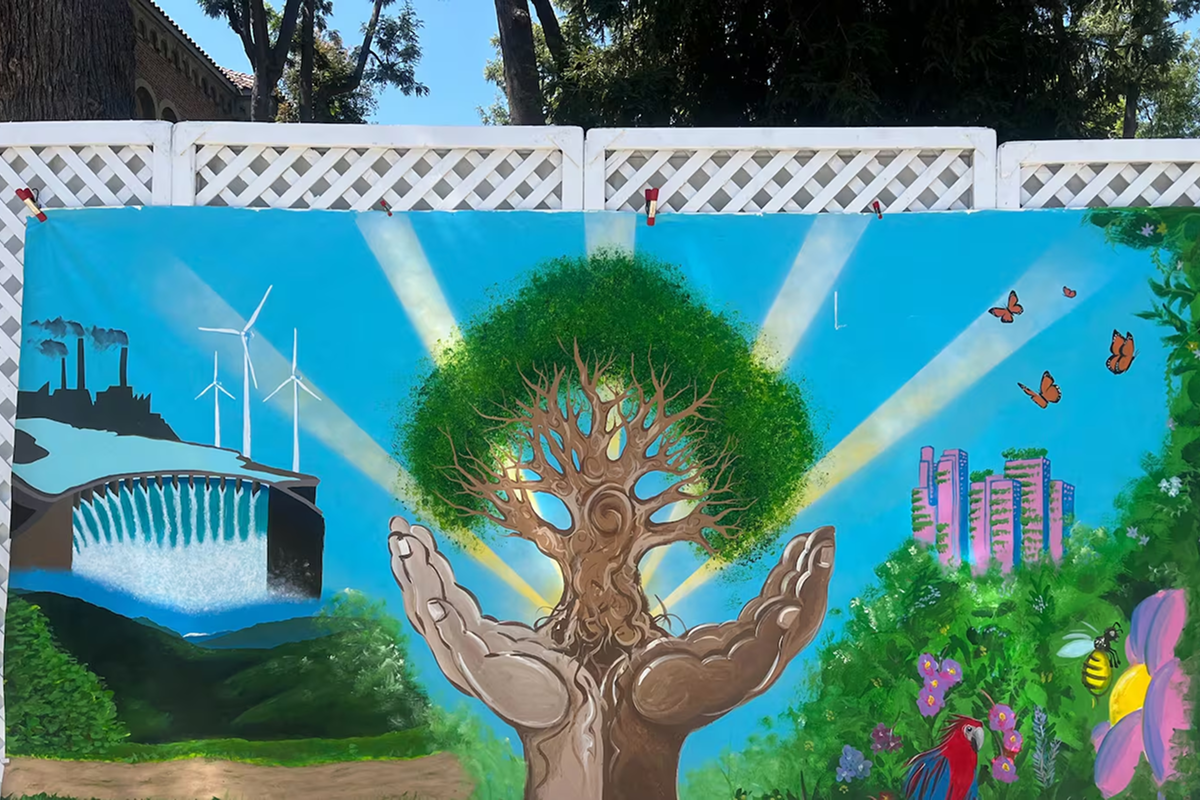Murals, music, and locally-grown food were showcased to display the importance of environmentalism.
Category: Highlights
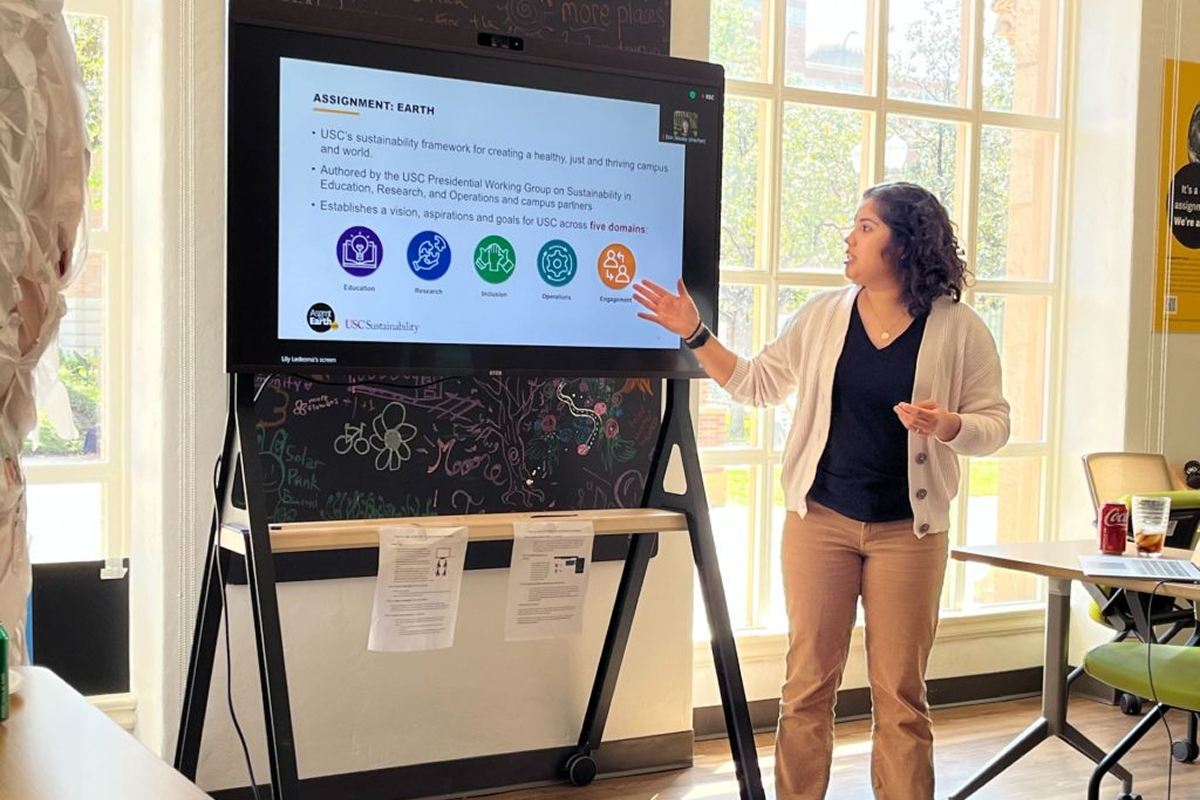
To celebrate Earth Month, USC Staff Assembly invited Lilian Ledesma from the USC Office of Sustainability to present on How to be a Sustainable Trojan.

Southern California’s Imperial Valley is a region of economic distress and environmental trauma. Can untapped lithium reserves near the Salton Sea fuel a clean-energy economy — and a more prosperous future?

On April 11, 2025, USC School of Architecture will host the symposium, Housing 10x: A Platform to Accelerate Innovative Responses to the Housing and Climate Crises.
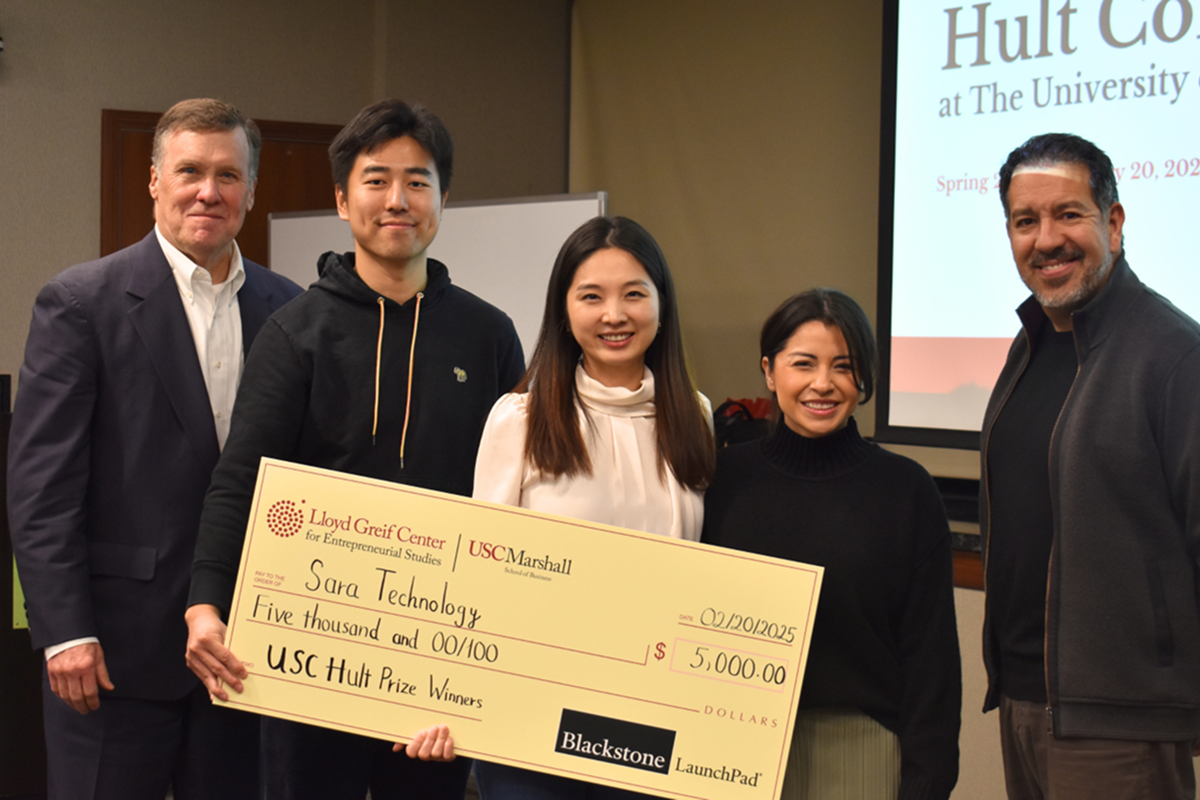
At USC’s Hult Prize Competition, students presented ideas toward United Nations Sustainable Development Goals for a chance at $1 million.

USC Viterbi launches a unique multidisciplinary MS in Energy Engineering for students who are passionate about solving our critical global challenges in energy transition.
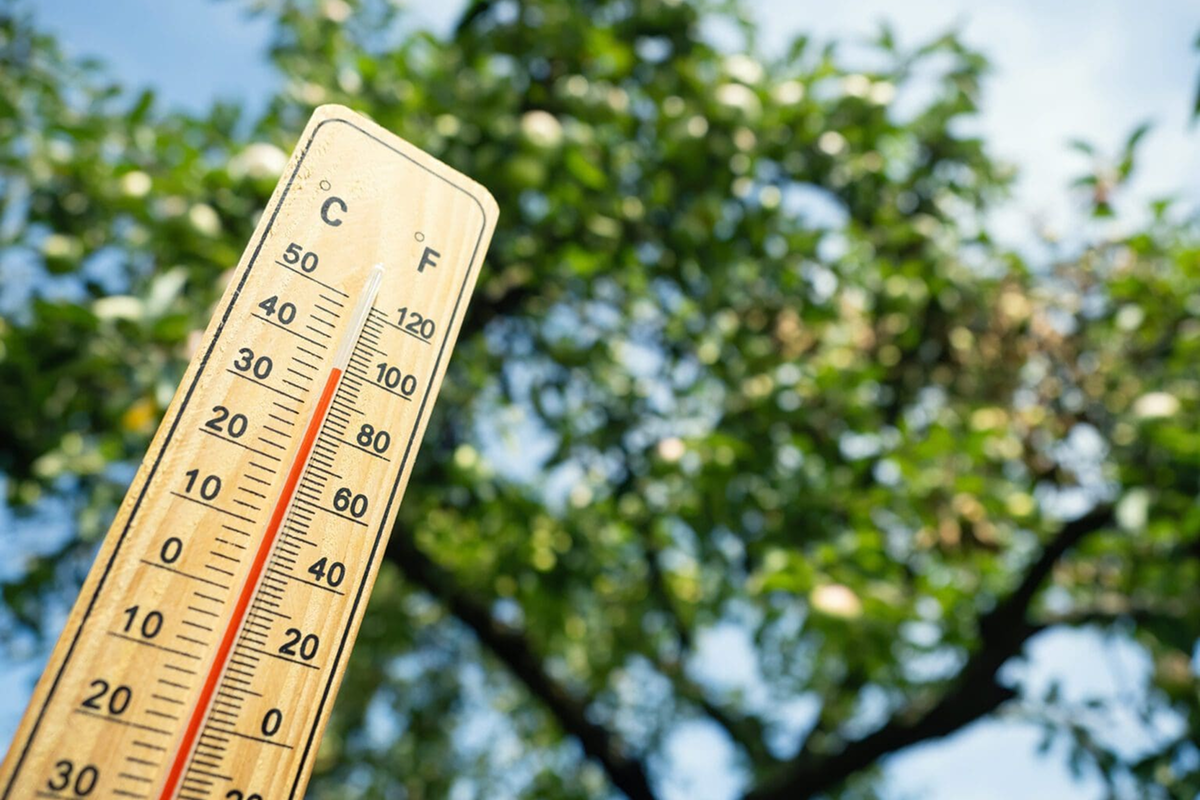
People in neighborhoods that experience more days of high heat show faster aging at the molecular level than residents of cooler regions, say USC researchers.
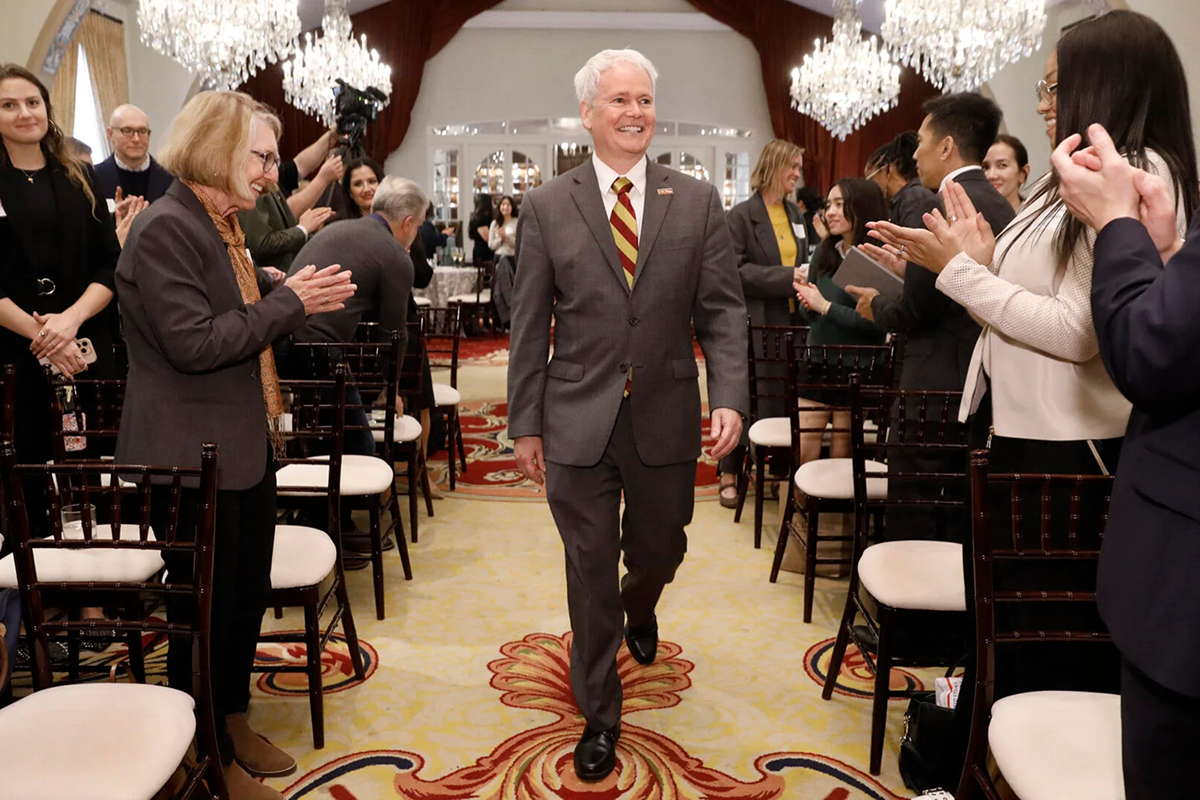
During Monday’s event, USC Price’s new dean gave credit to a family that taught him the value of higher education.

USC research on the vanishing coastlines of Alexandria, Egypt, offers nature-based solutions for protecting coastal cities globally, including those in California.

The climate policy pendulum is swinging back again with Trump in office. Money, lobbying and talking about red vs. blue states all play a role in the political and public divide.
